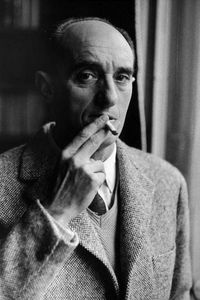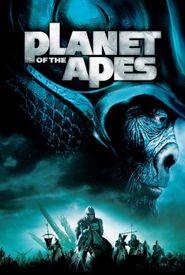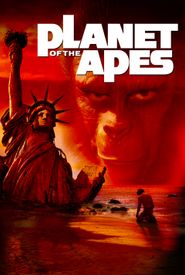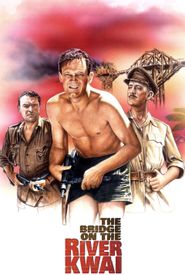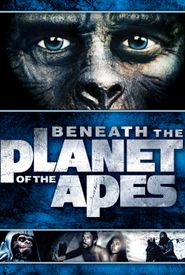Pierre Boulle was a renowned French novelist, whose literary legacy is deeply rooted in two iconic works, "The Bridge over the River Kwai" (1952) and "Planet of the Apes" (1963),which both transcended the realm of literature to become award-winning films.
Prior to his literary success, Boulle served as an engineer and secret agent with the Free French in Singapore, where he was captured and subjected to two years of forced labor. This formative experience would later inspire his international bestseller, "The Bridge over the River Kwai", which tells the gripping tale of the notorious Death Railway. The novel's cinematic adaptation, directed by David Lean, won a staggering seven Oscars in 1957, including the coveted Best Picture and Best Actor awards for Alec Guinness.
In a peculiar turn of events, Boulle was awarded the Best Adapted Screenplay Oscar for the film, despite not having written the screenplay and, in his own words, not even speaking English. This anomaly arose due to the film's actual screenwriters, Carl Foreman and Michael Wilson, being blacklisted as communist sympathizers. The Motion Picture Academy rectified this injustice in 1984 by adding Foreman's and Wilson's names to the award.
Fast-forward to 1963, Boulle published his other magnum opus, "Planet of the Apes", which would also be adapted into a successful film in 1968. The novel's cinematic counterpart, directed by Franklin J. Schaffner and starring Charlton Heston, diverged from the original narrative, introducing a distinct twist ending and focusing on action. This adaptation spawned a franchise, comprising four sequels, a television series, an animated series, a 2001 remake, a 2011 reboot, and two subsequent sequels, "Dawn of the Planet of the Apes" (2014) and "War for the Planet of the Apes" (2017).
Pierre Boulle's remarkable literary journey concluded on January 30, 1994, when he passed away in Paris, France, at the age of 81, leaving behind a lasting legacy in the world of literature and cinema.
